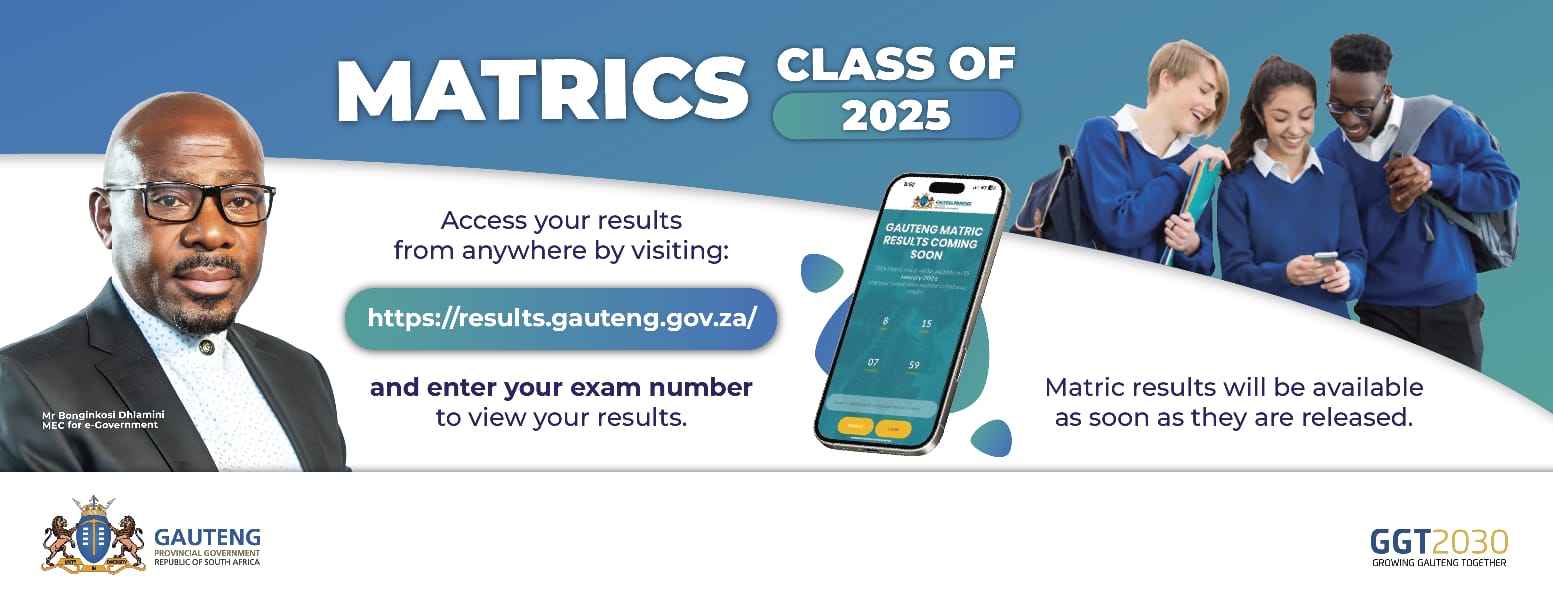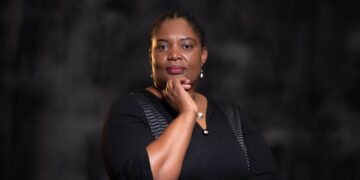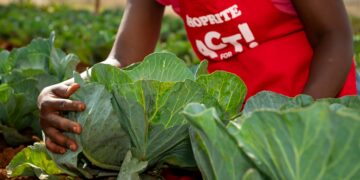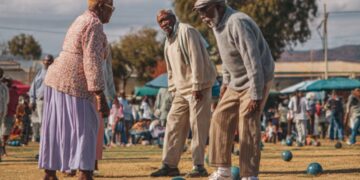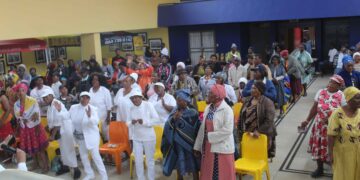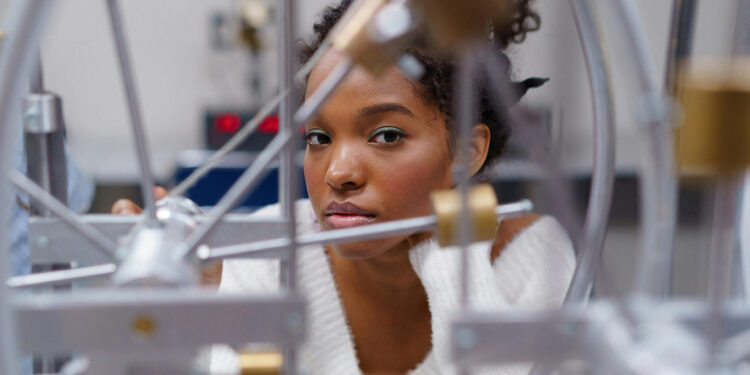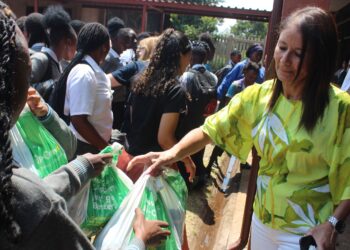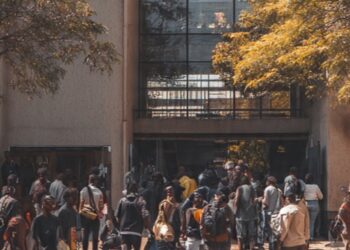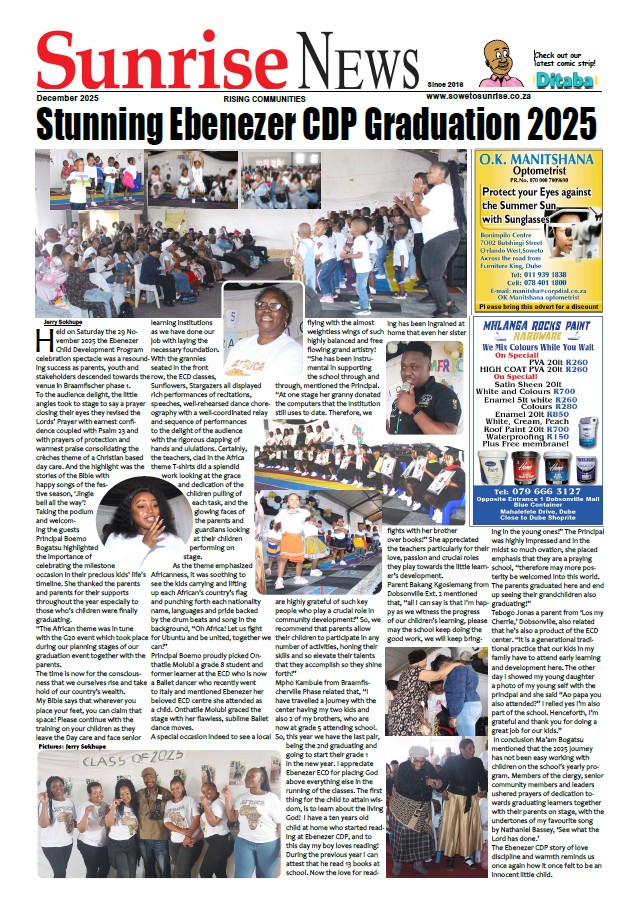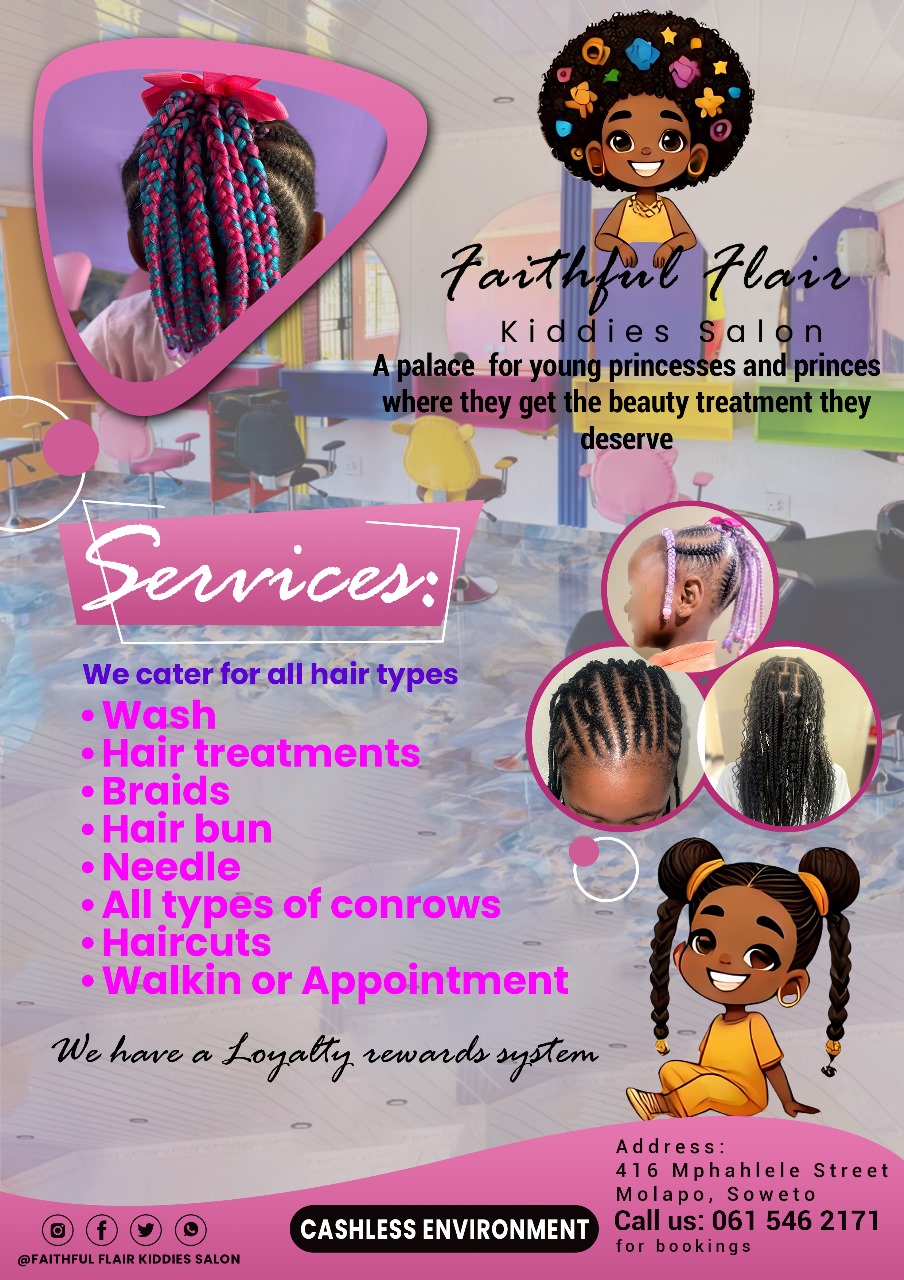As the world hurtles toward a more digital, automated and interconnected future, the question that should be on our minds as a nation is – “Are graduates being adequately prepared with the right skills to survive and thrive, now and in the future?”
According to the World Economic Forum’s Future of Jobs Report 2025, employers anticipate that 39% of core skills required in the job market will change by 2030. Technological proficiencies such as AI and big data, networks and cybersecurity, and technological literacy are projected to see rapid growth in demand. Human skills like creative thinking, resilience, flexibility, curiosity, social influence and environmental stewardship are also expected to rise in importance, underlining the importance of thinking about the increasing rise of AI in terms of a human-in-the-loop approach.
“Most universities are still largely geared toward traditional academic disciplines and theoretical learning, and while these remain important, they don’t always translate into employability. What’s needed is a mindset shift, from qualification-first thinking to skills-first education,” says Dr. Gill Mooney, Dean Academic Development and Support at The IIE, including Varsity College and Vega, educational brands of the Independent Institute of Education (The IIE).
To bridge this growing gap between what the world of work demands and what education currently provides, South Africa must urgently reassess how and what is being taught in classrooms and lecture theatres alike. A future-focused education system can no longer be built solely on rote learning, or memorisation and limited application of theoretical knowledge, but must equip young people with the skills to think critically, adapt quickly and engage meaningfully, particularly in uncertain and rapidly evolving environments.
Analytical thinking, resilience and emotional intelligence are no longer “nice-to-haves”, but are the very qualities employers now prioritise alongside technical skills like data literacy, AI proficiency and digital communication. Yet, in a country where youth unemployment remains stubbornly high and nearly half of 15- to 24-year-olds are not in employment, education or training (NEET), too many young South Africans are still entering the job market underprepared.
This is not a problem unique to South Africa, but it is one that must be tackled head-on, says Mooney. “It requires a shift in the philosophy of teaching itself. That means moving from qualification-first models to skills-first thinking, where knowledge is contextualised, debated and applied. It means placing more value on curiosity, creativity and problem-solving than on reproducing and applying facts in limited contexts.”
Some local institutions have started responding to this challenge by reimagining what higher education looks like. For example, the IIE’s teaching models across its campuses — including IIE Varsity College, IIE Vega and IIE MSA — are being adapted to centre learning on dialogue, engagement and real-world problem-solving. Students are encouraged to explore multiple perspectives and to test theory through diverse applications, whether in collaborative projects, simulated work environments or industry engagements.
“We must move from simply transmitting knowledge to fostering the kind of thinking that allows students to navigate ambiguity, work effectively in teams and continue learning long after graduation,” says Mooney.
In a labour market where change is the only constant, South Africa’s education system must evolve from producing graduates with more theoretical knowledge, to producing graduates who can adapt, lead and create, in order to build a more inclusive, resilient and future-ready workforce.
Thabo More
Soweto Sunrise News
